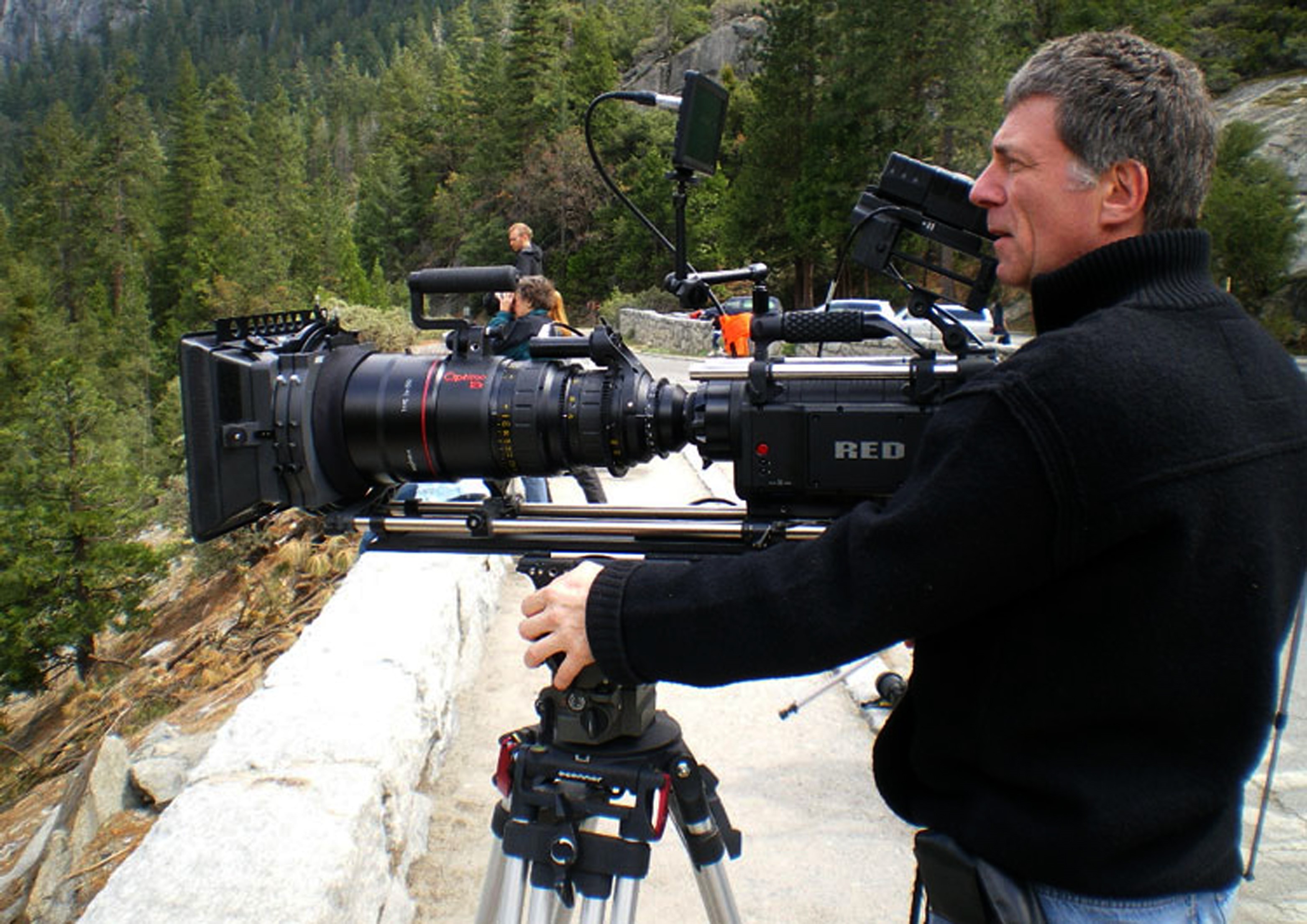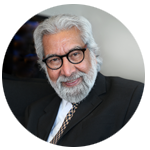Guidelines For Specific Types of Applications
An application may be submitted for a body of Research that already exists in the public domain e.g. a book, journal papers, published articles, or website.
In this case, a report should be submitted discussing the following: -
- Purpose of the research
- The current approaches and gaps in knowledge (literature review)
- The aims and/or research questions
- The methodology
- The main findings
- Conclusions
- How the research contributes to new knowledge or the development of existing knowledge (Associate and Fellowship only)
The report should be a minimum of 2,000 words and be appropriately referenced and illustrated.
Applications that include publications, such as articles and journal papers, do not need to supply PDFs of all publications but should provide a list of publications, and select three publications to send in full as PDFs. For Fellowship the three selected publications must be peer-reviewed. The accompanying report should provide an overview of the research papers listed
MPhil
An applicant with a successful MPhil in an appropriate topic from a recognised university need only submit a ca.500 abstract for the Associate distinction along with the name of the university and any collaborating institution, names of supervisors and names of external examiners. As most MPhil theses are now in the public domain, the link to that is advisory but will not be essential to the submission.
Applicants with a successful MPhil may also apply for a Fellowship, however, the complete MPhil thesis would need to be submitted for assessment.
PhD
An applicant with a successful PhD or equivalent in an appropriate topic from a recognised university need only submit a ca.500 abstract for a Fellowship along with the name of the university and any collaborating institution, names of supervisors and names of external examiners. As most PhD theses are now in the public domain, the link to that is advisory but will not be essential to the submission.
Direct Fellowship
In exceptional circumstances, an applicant for a Research Distinction may apply direct for Fellowship, without being an Associate of The Society. Applicants wishing to apply using this route must submit a proposal to the Distinctions Manager, who will then seek the opinion as to its suitability from the Research Chair. It is recommended, however, that applicants should become an Associate before applying for Fellowship.









